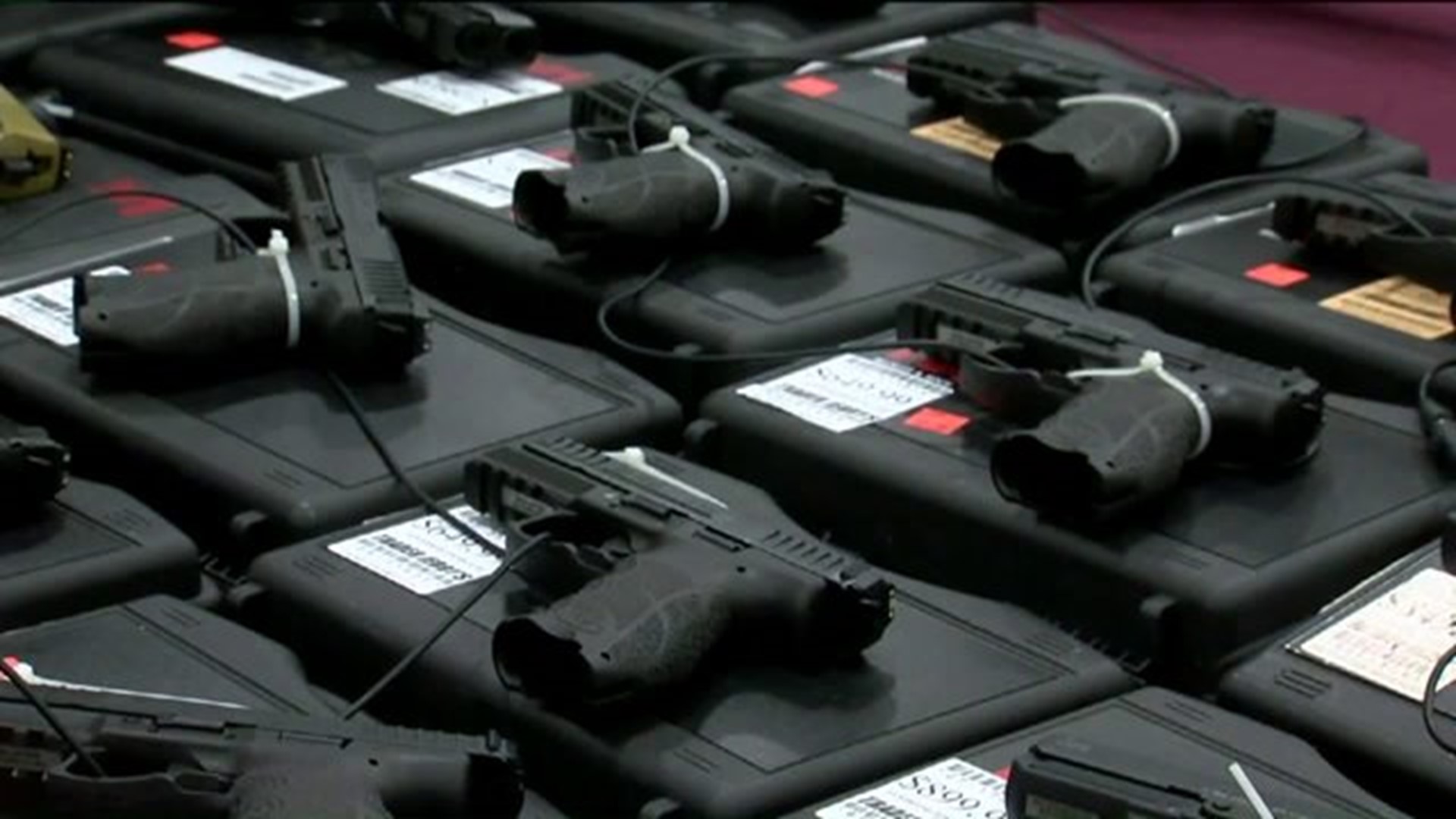WILKES-BARRE -- President Obama's executive actions on gun control include spending $500 million to improve mental health care treatment. The idea is to keep those with mental health issues from getting their hands on guns.
There are hundreds of children in Wilkes-Barre who use mental services every day and over the last couple years, the need has been on the rise. But one agency is hopeful the extra funding that the president pledged could help curb that need.
President Obama's promise to improve access to mental health care as part of his effort to cut down on gun violence is welcome news for many of the agencies that provide that treatment.
"If we can continue to destigmatize mental health issues and get folks proper care and fill gaps in the background check system, then we can spare more families the pain of losing loved ones to suicide," said the president during a televised address Tuesday morning.
Mike Hopkins is the head of the Children's Service Center in Wilkes-Barre. He wants to learn more about how increasing background checks could stop certain people with mental health illnesses from buying guns. But he's hopeful the $500 million Obama wants to set aside for mental health services will improve access for anyone who needs it.
"You need programs to help provide that safety net for families. And the money that we're talking about can certainly go a long way in developing programs that can help families who are right now falling through the cracks," Hopkins said.
Data from the Children's Service Center shows there is a growing need for behavioral health services.
Just a couple years ago, it served about 70 kids a day. It now serves 140 kids a day. Hopkins attributes the increase to several factors.
"There's some deterioration of family, there's increase in gang violence, there's increase of drug and alcohol use."
Expanding access to mental health accessibility, like Obama wants to do by spending $500 million, could curb the increase.
"Meeting the mental health needs of the kids at a younger age helps us break the cycle for some of these kids," Hopkins added.
Funding for mental health was significantly cut during the recession. Hopkins welcomes the new money, but he points out that it could take even more cash to restore services to where they were before the recession.

